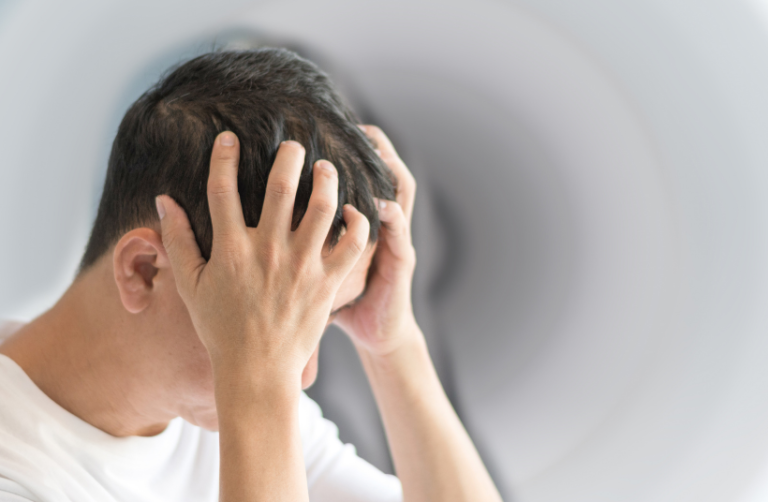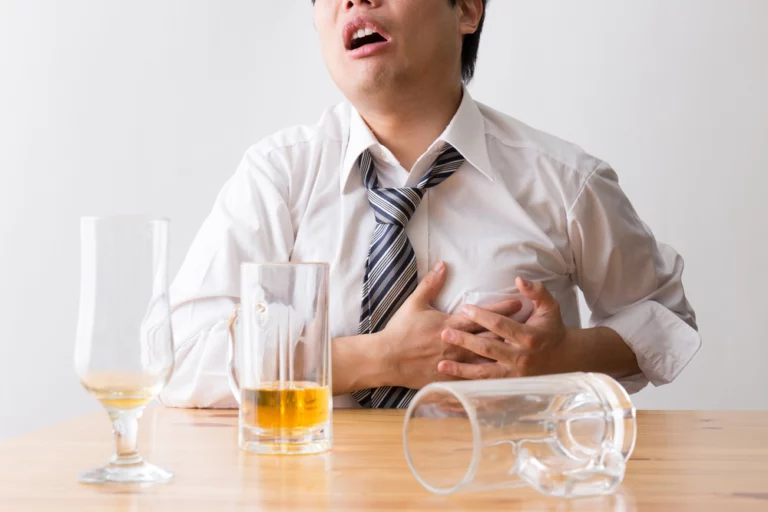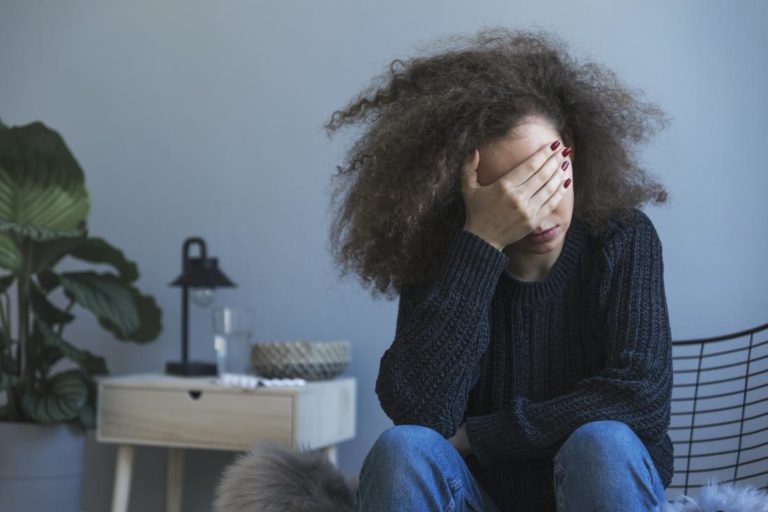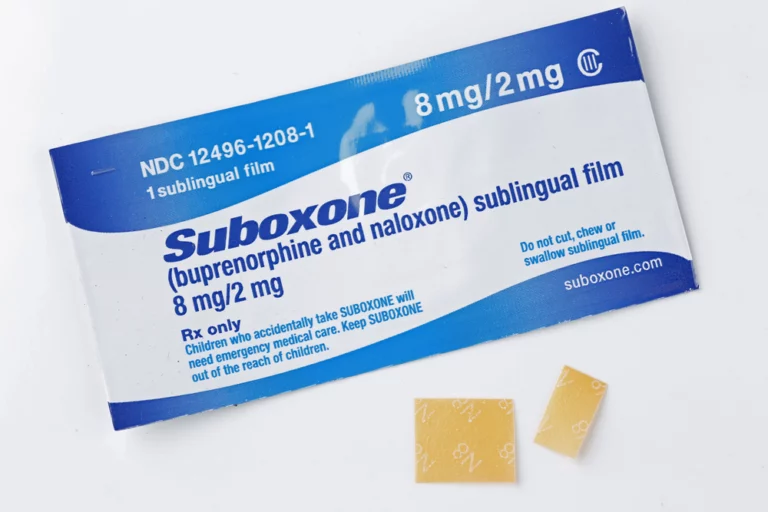Benzodiazepines or “benzos” refer to a class of psychoactive prescription drugs that are notoriously habit-forming and carry a high risk for dependence and addiction. More than 30 million people in the United States are prescribed benzos.
These drugs, which are used to treat seizures, panic disorder, and insomnia are highly effective when used as prescribed. However, more than 17 percent of people who are prescribed benzos abuse them in some way.
When a person abuses benzos, it makes it more likely that they will experience severe flu-like symptoms, known as the benzo flu, when they suddenly stop taking them. However, a person can experience the benzo flu even if they take benzodiazepines as prescribed. In this article, we’ll explain what benzo flu is, the symptoms, and how to get help.
What are Benzos?
Benzodiazepines are among some of the most commonly prescribed drugs in the United States.
They are used to treat several conditions, especially panic disorder and anxiety disorders. Some are also used before surgical procedures to induce amnesia.
These drugs are central nervous system depressants that work by binding to gamma-aminobutyric acid (GABA) receptors in the brain. This has a calming effect on the brain and the body. Common benzos include:
- Clonazepam (Klonopin) – Long-acting. Approved for anxiety disorders and seizures.
- Lorazepam (Ativan) – Short-acting. Used to treat seizures, anxiety, and pre-anesthesia.
- Diazepam (Valium) – Long-acting. Approved to treat seizures. Also used for alcohol withdrawal. Approved for use as pre-anesthesia for surgery.
- Alprazolam (Xanax) – Short-acting. Used to treat anxiety disorders.
- Midazolam (Versed) – Short-acting. This benzodiazepine is no longer approved for use in the United States. It was used as pre-anesthesia for surgery and to treat seizures.
What Is the Benzo Flu?
When someone takes benzodiazepines, they may experience what’s known as the benzo flu when they stop taking or cut back on these drugs. The benzo flu is part of withdrawal and consists of severe flu-like symptoms. The benzo flu can make you feel sick, exhausted, and miserable overall. One journalist who experienced the benzo flu described it as “the flu crossed with the worst hangover imaginable.”
Causes
The cause of the benzo flu is suddenly cutting back or stopping the use of a benzodiazepine after a short period of time. It only takes a couple of weeks of use for someone to develop the benzo flu once they try to stop using the drug.
What Are the Symptoms?
If you have the benzo flu, you may feel as though you have a bad case of the flu. The symptoms can be quite debilitating and may include:
- Nausea and vomiting
- Low appetite
- Headaches
- Diarrhea
- Muscle aches or pains
- Weakness
- Profuse sweating and chills
- Fatigue and lethargy
- increased sensitivity to loud noises and light
- Heart palpitations
- Chest pains
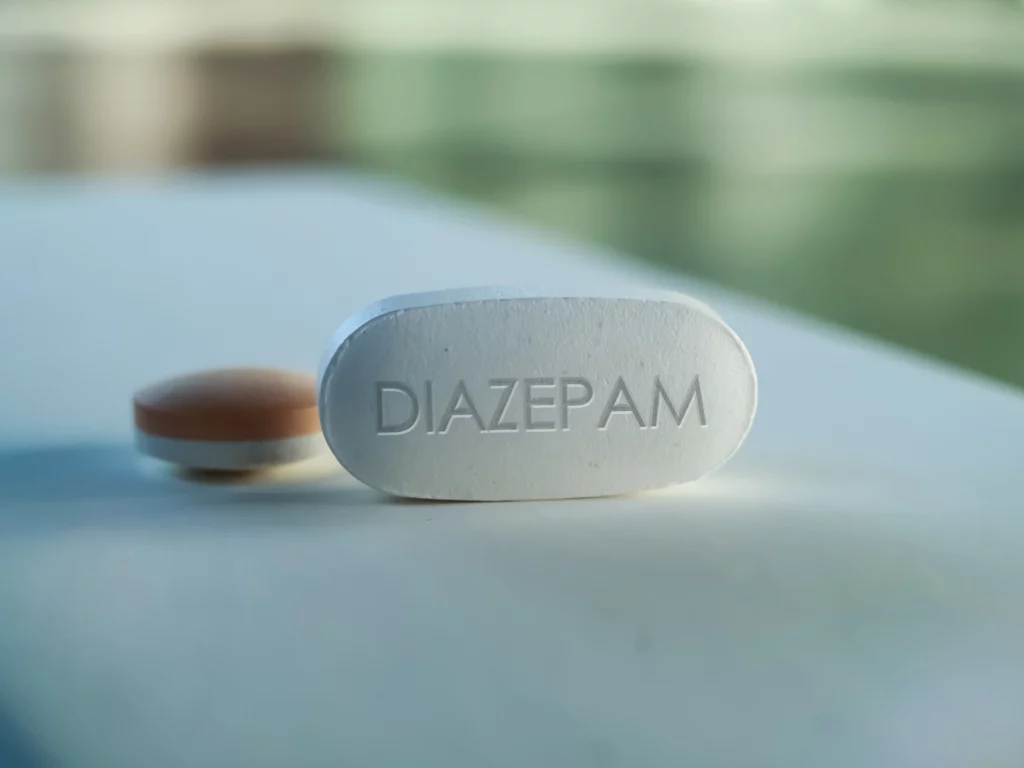
Benzo Withdrawal Symptoms
Besides the flu-like symptoms described above, benzo withdrawal can cause some other severe withdrawal symptoms. These psychological and physical benzodiazepine withdrawal symptoms can be life-threatening and are often described as even worse than heroin withdrawal.
- Mood swings and anxiety
- Insomnia and other sleep disturbances
- Agitation and irritability
- Disorientation
- Paranoia
- Nightmares and night terrors
- Tremors
More serious benzo withdrawal symptoms or overdose can occur, especially if you take benzodiazepines with other drugs like alcohol. These symptoms can be deadly. Serious withdrawal symptoms include:
- Hallucinations and psychosis
- Suicidal thoughts and ideations
- Loss of consciousness or unresponsiveness
- Long-term memory loss
- Seizures
- Delirium and confusion
- Respiratory depression
- Brain damage
- Coma
Note: If you are experiencing severe symptoms from withdrawal, such as suicidal thoughts, it’s important to seek immediate medical care.
Connect With Us Now
Reach out to us now for immediate support, or let us know the best time to contact you through our confidential callback service. Your journey to healing is just a conversation away.
Can You Prevent the Benzo Flu?
The benzo flu is your body’s natural response to the drug being withdrawn. The only way to prevent these symptoms is to abstain from using benzodiazepines.
However, this is easier said than done — especially if you were prescribed these medications for seizures, an anxiety disorder, or another reason. That said, medical detox can help you more comfortably and safely withdraw from benzodiazepines.
During detox, you will receive 24/7 care and may be prescribed anti-nausea medication, acetaminophen or ibuprofen for pain relief, and other prescription medications to help you detox from benzodiazepines. The staff can also provide you with medications intravenously if you have a significant amount of vomiting or nausea.
When Does the Benzo Flu Start?
The benzo flu starts anywhere from a couple of hours after the last use to several days later. The benzo withdrawal timeline depends on whether or not you were taking a short-acting or long-acting benzodiazepine. If you took a short-acting benzodiazepine like lorazepam, you’ll likely start to experience flu-like symptoms within two days. But, if you took a longer-acting benzo like clonazepam, it may take as long as five days for the symptoms to appear.
How Long Does Benzo Flu Last?
There is no definitive guide to the benzo withdrawal timeline. The duration of flu-like withdrawal symptoms varies greatly from person to person. The length of time that these symptoms last depends on several factors including:
- What benzo was taken
- How long you’ve been taking it
- Your age
- How much was taken or your dose
- Any underlying medical conditions
- What other medications or substances you take
Acute withdrawal symptoms usually begin to go away within the first two weeks, although it might take longer for them to completely disappear. How long symptoms last varies from person to person.
How To Get Relief From the Benzo Flu
You may be eager to get rid of the flu-like symptoms. However, time is the only real way to get relief from the benzo flu. It’s important to remember that your body is going through a normal withdrawal process. Your symptoms should subside once the benzodiazepines have completely metabolized and cleared from your system.
Detox is the Answer
The benzo flu and other withdrawal symptoms can be life-threatening if you suddenly stop taking benzos. Therefore, you should not quit these drugs cold turkey. Benzos must be gradually tapered before being discontinued completely. This can be done in a benzodiazepine detox. Round-the-clock care will help you safely withdraw from benzos and reduce the severity of withdrawal symptoms including the benzo flu.
While withdrawal isn’t easy, support from a trusted detox program can help you minimize symptoms of the benzo flu while your body re-adjusts to functioning without this drug. Detox can help you safely taper off the drug and ensure that you are as comfortable as possible.
Protracted Withdrawal
Some people who take benzodiazepines have what is known as protracted withdrawal. That means they experience the lingering effects of benzo use years after they stop using. In a survey, published in the journal PLOS ONE, more than 76 percent of people reported symptoms after discontinuing benzos that lasted for a year or longer. Symptoms included anxiety, sleep disturbances, and low energy levels. Participating in a substance abuse treatment program beyond detox can help reduce the risk of extended withdrawal symptoms.

How to Handle Withdrawal Symptoms
Besides detox, there are some benzo withdrawal treatments that can help you cope with the benzo flu and other symptoms.
Therapy
Studies indicate that benzo withdrawal is more successful when a person is also in psychotherapy. If you are struggling with benzo withdrawal, therapy can help you get through it. Without therapy, people struggling with addiction may be more prone to relapse due to the intensity of withdrawal symptoms.
Relaxation Techniques
Withdrawal can be exhausting. Yoga, deep breathing, and mindfulness meditation can help reduce physical exhaustion and ease stress as you are going through protracted withdrawal. Relaxation techniques can also help you develop patience.
Exercise
Exercise might be the last thing on your mind if you are going through withdrawal. However, it’s important to try to exercise every day. Walking, stretching, hiking, bike riding, or swimming can help improve your mood and distract you from uncomfortable withdrawal symptoms.
Support Groups
It can be helpful to join a support group for additional care during your healing journey. These groups connect you with others also going through benzo withdrawal. This can help you gain insight into the withdrawal process from others.
Sleep
If you are going through withdrawal, a good night’s rest will do you a world of good. Tiredness and fatigue are common withdrawal symptoms. Getting enough sleep can help stabilize your moods and heal your body.
Rest
It can be exhausting to go through the benzo flu and other withdrawal symptoms. Don’t try to keep going at your normal pace through this process. Take sick leave from work and take a break from other activities. Your body needs this time to rest.
Eat Nutritious Foods
While going through withdrawal, it’s important to eat a balanced diet. Fill up on nutritious foods. Cut back on foods that are loaded with sugar, salt, and fat. Eat plenty of healthy snacks.
Drink Plenty of Water
Just like with the regular flu, staying hydrated is important for reducing the flu-like symptoms associated with benzo withdrawal. This can replace water loss and prevent dehydration caused by vomiting and diarrhea. Try to drink water, juices, and electrolyte drinks.


